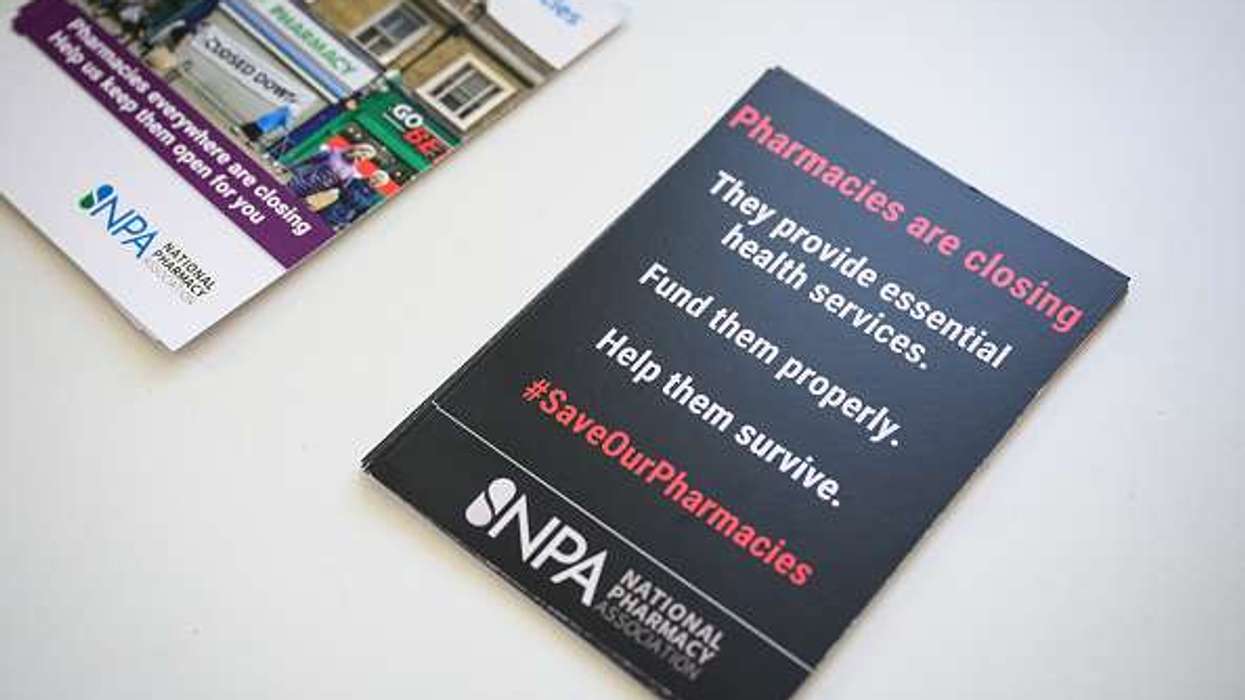The regulator has reinforced the importance of a two-way interaction between patients and prescribers before providing weight loss medicines
The General Pharmaceutical Council (GPhC) has published updated guidance on online pharmacy services in Great Britain, introducing additional safeguards to prevent unsafe supply of high-risk medicines, including weight loss injections.
Under the new rules, medicines used for weight-management and medicines requiring physical examination before a prescribing decision is made have been added to the list of high-risk medicines.
When prescribing these medicines, prescribers can no longer rely solely on online questionnaires.
Instead, they must independently verify patient information, either through timely two-way communication with the person, accessing the person’s clinical records, or contacting the person’s GP, their regular prescriber, or a third-party provider.
These measures aim to prevent individuals from providing false information to obtain medicines that may not be clinically appropriate for them, reducing potential harm.
The pharmacy regulator updated its guidance in response to concerns identified relating to unsafe prescribing and supply of medicines online.
Safe supply of weight loss medicines
Prescribers must now independently verify a patient's weight, height, and/or body mass index (BMI) before prescribing weight loss medicines to ensure appropriate treatment.
Additionally, the updated guidance emphasises that a two-way communication between the person and the prescriber must be followed for all online prescribing.
This ensures that patients can discuss treatment options, ask questions, and get further information before making informed decisions.
Duncan Rudkin, chief executive at the GPhC, acknowledged the value of online pharmacy services but highlighted concerns arising from inappropriate medicine supply.
He stated: “We know online pharmacy services can provide a very valuable service, but through our inspections and investigations, we’ve seen too many cases of medicines being supplied inappropriately online and putting people at risk.”
“This updated guidance will support online pharmacies to protect their patients, and we expect them to act now to make sure these safeguards are in place.”
Rudkin confirmed that GPhC inspectors would be inspecting online pharmacies to ensure compliance with these new safeguards.
The regulator also pledged to collaborate with other healthcare regulators and take action when necessary to protect public safety.
Additional key changes
The revised guidance also introduces the following changes:
- Online pharmacies must adhere to the law, rules and guidance on the advertising and promotion of medicines set by the Medicines and Healthcare Products Regulatory Agency (MHRA) and the Advertising Standards Authority (ASA).
- Pharmacy owners and Superintendent Pharmacists are prohibited from offering incentives to prescribers for issuing prescriptions.
- Both pharmacy owners and Superintendent Pharmacists are now jointly responsible for meeting the guidance, rather than this responsibility falling solely on the pharmacy owner, as was the case earlier.
Failure to meet these new standards could result in enforcement action against the pharmacy, the pharmacy owner, or the Superintendent Pharmacist (or all three).
The GPhC could also investigate the fitness to practise of any pharmacy professionals involved.
Strong support from pharmacy sector
The National Pharmacy Association (NPA), representing over 6000 independent community pharmacies in the UK, has welcomed the updated guidance, having previously advocated for tougher regulation’ on online sale of weight loss jabs.
NPA chair Nick Kaye expressed support for the changes, stating: "We're pleased that the GPhC has taken on board concerns expressed by the NPA about a small number of patients who have been able to access higher risk medication, such as weight loss injections, without proper consultation or examination of historical medical records.”
"Delivering good care whilst maintaining the highest levels of patient safety is the number one priority for pharmacies and we hope this updated guidance will help to protect the safety of patients needing weight loss injections and other higher risk medication.”
However, he noted that most pharmacies, including online sellers, already adhere to good practice in this area.
Kaye also urged patients to avoid purchasing medicines from unregulated sellers, such as beauty salons, warning that “it could pose a serious risk to their health.”
The Royal Pharmaceutical Society (RPS) also expressed ‘fully support’ for the GPhC’s updated guidance.
RPS President, Professor Claire Anderson, described the requirement for independent verification of patient information and the classification of weight loss medicines as high-risk medicines, as “a key step toward protecting patient safety.”
She further emphasised the importance of a two-way interaction between patients and prescribers:
“Online consultations should be as thorough and robust as in-person consultations to ensure that patients receive appropriate treatment and are fully informed about the medication being prescribed.”
“Questionnaire-style prescribing should never become the norm, particularly for prescription-only medications and those with additional risk factors,” she added.
Professor Anderson stressed the need for effective communication of this updated guidance within the profession.
“Its successful implementation in practice, supported by the GPhC’s inspection process, will be essential in maintaining patient safety,” she added.
A Company Chemists’ Association (CCA) spokesperson reiterated that their member have been remotely providing weight loss medicines to patients for many years with "a proven track record of safety."
"We fully support GPhC's principal of ensuring that the provision of online pharmacy and other healthcare services is safe, effective, and person-centred," the spokesperson said, adding that their members will continue to comply with the guidance from all relevant regulators.













